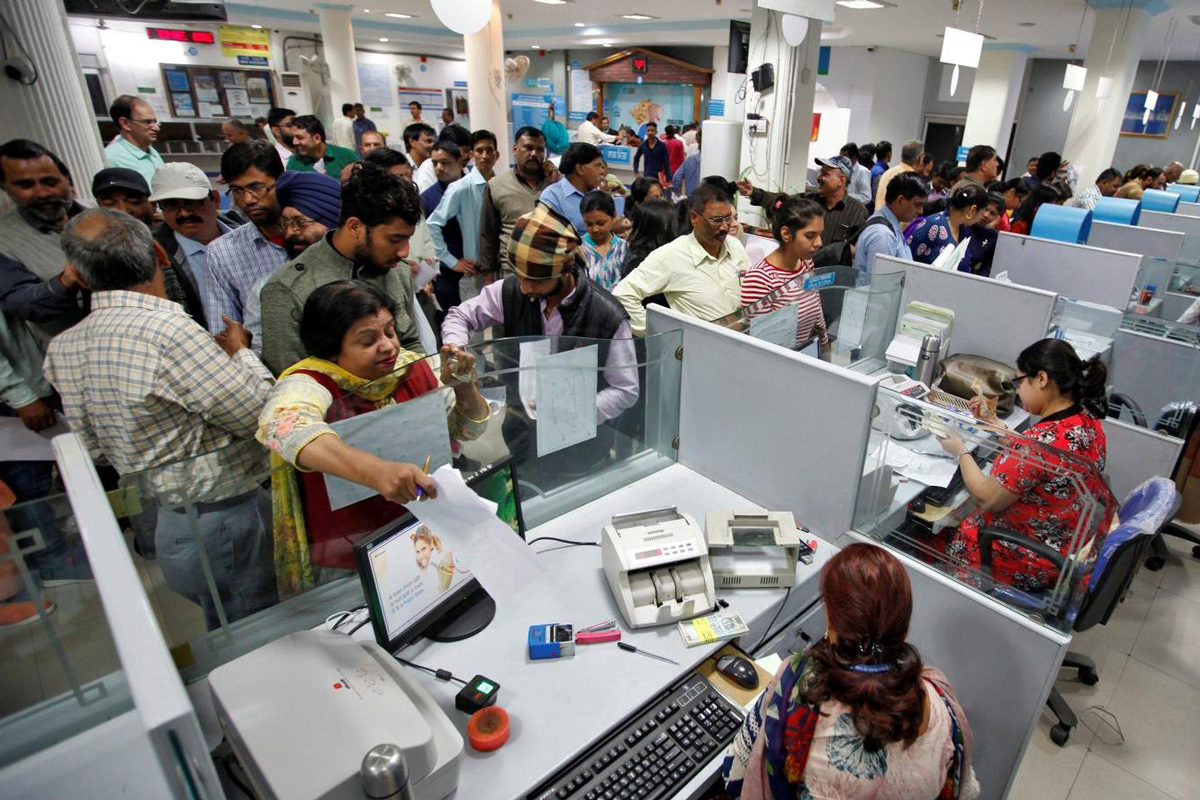The All India Bank Employees’ Association (AIBEA) has suggested fixing of financial limits for attracting the criminal provisions relating to bouncing of cheques in the Negotiable Instruments Act instead of the decriminisalising the offence.
The major union in the banking sector representing about one million bankers also told the government that if mens rea or mala fide and criminal intent is an important criteria, then willful bank loan default should be made a serious criminal offence, which is hitherto being treated and tried under the civil procedure code.
Advertisement
“The Negotiable Instruments Act, 1881, was amended to make the return of cheques without sufficient balance in the accounts as a criminal offence as many of the offenders have been escaping scot-free and cheating the public, companies, banks etc. Hence, Section 138 and Sec 143(1) were introduced to make them accountable, responsible and punishable under criminal law,” AIBEA in its suggestions signed by its General Secretary C. H.Venkatachalam has told the government.
Hence, dilution of these sections would only facilitate increase in such acts with criminal and motivated intentions.
“However, for individuals and companies, the limit for which it would attract criminal prosecution shall be fixed. For individuals, if the returned cheque amount is Rs one lakh or more shall be fixed. In case of companies, if the returned cheque is more than Rs 10 lakh, it shall be tried under the criminal procedure code. Therefore, Section 138 and Section 143 (1) of the Negotiable Instruments Act, 1881, shall be modified to the above extent,” AIBEA said.
The Department of Financial Services (DFS), Ministry of Finance while calling for views of the stakeholders on the penal provisions of various laws listed by it reasoned that decriminalisation of minor offences is one of the thrust areas of the government.
The risk of imprisonment for actions or omissions that aren’t necessarily fraudulent or the outcome of mala fide intent is a big hurdle in attracting investments, the DFS said.
The DFS has listed the penal provisions in 19 laws for amendments. The Acts are: Insurance Act, SARFAESI Act, PFRDA Act, RBI Act, Payment and Settlement Systems Act, NABARD Act, NHB Act, State Financial Corporations Act, Credit Information Companies (Regulation) Act, Factoring Regulation Act, Actuaries Act, Banking Regulation Act, General Insurance Business (Nationalisation) Act, LIC Act, Banning of Unregulated Deposit Schemes Act, Chit Funds Act, DICGC Act, Negotiable Instruments Act and Prize Chits and Money Circulation Schemes (Banning) Act.
Pointing out banks are dealing with the hard-earned savings of the people and has mobilised total deposits of over Rs 137 lakh crore AIBEA said it is only this people’s money that banks are extending loans.
“If the bad loans/non-performing loans/deliberate cheating of the banks by the borrowers is not dealt with sternly, not only the bad loans in banks in further multiply but also the open loot of public savings will continue,” the union said.
“Hence we repeat and reiterate that the laws and rules should be so amended to bring the willful defaulters as criminal offenders and willful default of Bank Loan should be termed as CRIMINAL OFFENCE,” the AIBEA has submitted.
The AIBEA has also opposed the move of the Central government to amend the various provisions as they were enacted by Parliament after much deliberations knowing well their implications.
The union also pointed out some of the laws were enacted only recently and most of the provisions proposed to be amended involve acts of criminal intent.
The AIBEA said amending Prize Chits and Money Circulation Schemes (Banning) Act, 1978, Chit Funds Act, 1982, Banning of Unregulated Deposit Schemes Act, 2019 will lead to embezzlement of funds.
On the government’s proposal to amend the Section 29 of the SARFAESI Act, 2002 the AIBEA said: “SARFAESI Act has been brought to confiscate the properties of the willful bank loan defaulters. The provisions of the SARFAESI Act have already been diluted due to some legislations. Hence, this provision need not be decriminalised and instead the provision should be made more stringent.”
The AIBEA has suggested the repeal of Section 36-AD of the RBI Act.









